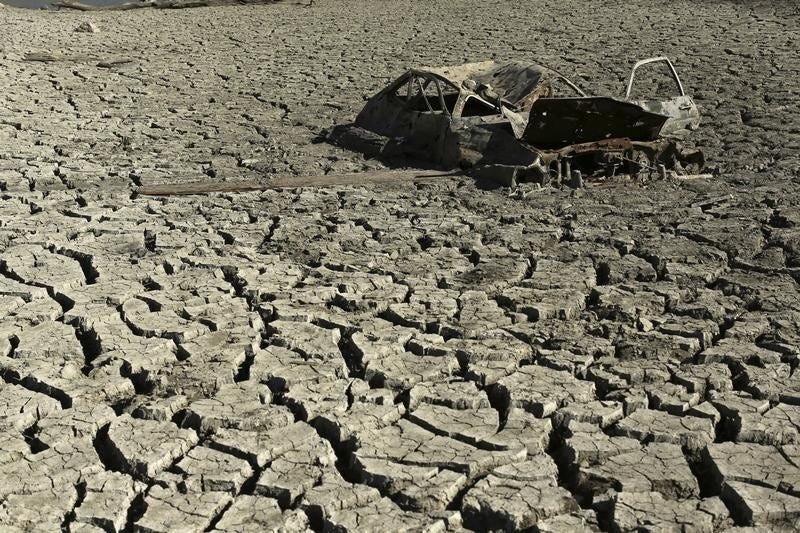Scientists at Stanford University have recently unveiled a groundbreaking study that connects the ongoing drought in California to the alarming increase in greenhouse gas emissions. This revelation sheds light on the detrimental effects of human activity on climate patterns and the environment.
The study conducted by Stanford scientists has brought forth compelling evidence that links the worsening California drought to the significant rise in greenhouse gases, primarily caused by human activities such as burning fossil fuels and deforestation. This discovery underscores the urgent need for immediate action to mitigate the harmful impacts of climate change.
The Drought Crisis in California
California has been grappling with a severe drought crisis for several years, with water scarcity becoming a pressing issue affecting both urban and rural communities. The lack of rainfall, coupled with high temperatures, has led to depleted water sources, dried-up reservoirs, and devastated agricultural lands. The state’s economy, ecosystem, and residents have all been severely impacted by the prolonged drought.
The Impact on Agriculture
One of the most significant consequences of the California drought has been its detrimental effect on the state’s agricultural sector. Farmers have been forced to grapple with water shortages, decreased crop yields, and increased production costs. The loss of agricultural productivity has not only affected local farmers but has also had ripple effects on the nation’s food supply and economy.
The Stanford study reveals that the exacerbation of the California drought can be attributed to the escalating levels of greenhouse gases in the atmosphere. These gases, such as carbon dioxide and methane, trap heat in the Earth’s atmosphere, leading to a warming effect known as the greenhouse effect. This warming effect intensifies drought conditions by altering precipitation patterns and promoting evaporation, ultimately exacerbating water scarcity in regions like California.
The Role of Greenhouse Gases
Understanding the Greenhouse Effect
The greenhouse effect is a natural process that regulates the Earth’s temperature by trapping heat from the sun in the atmosphere. However, the excessive accumulation of greenhouse gases, mainly from human activities, has intensified this process, resulting in global warming and its associated consequences, including more frequent and severe droughts.
The Impact on Climate Patterns
Greenhouse gases play a significant role in altering climate patterns worldwide, leading to shifts in temperature, precipitation, and weather extremes. In the case of California, the increased presence of greenhouse gases has disrupted the region’s traditional rainfall patterns, prolonging dry spells and intensifying drought conditions.
By drawing a direct correlation between greenhouse gas emissions and the worsening California drought, the Stanford study highlights the urgent need for collective action to reduce carbon emissions and mitigate the impacts of climate change. The findings underscore the critical importance of transitioning to sustainable and eco-friendly practices to safeguard the environment and future generations.
Implications for Climate Policy
The implications of the Stanford study extend beyond scientific research and have profound implications for climate policy and environmental regulations. The evidence linking greenhouse gases to the exacerbation of drought conditions provides a compelling argument for implementing stringent measures to curb emissions and promote sustainable practices.
Call for Action
The urgency of addressing the link between greenhouse gases and drought is paramount in light of the escalating climate crisis. Policymakers, industries, and individuals must heed the call for action to reduce carbon emissions, invest in renewable energy sources, and adopt sustainable practices to mitigate the adverse effects of climate change.
In conclusion, the revelation made by Stanford scientists regarding the connection between greenhouse gases and the worsening California drought serves as a stark reminder of the pressing need to prioritize environmental conservation and combat climate change. The study’s findings underscore the critical role of human intervention in shaping climate patterns and emphasize the importance of collective action in safeguarding the planet for future generations.

